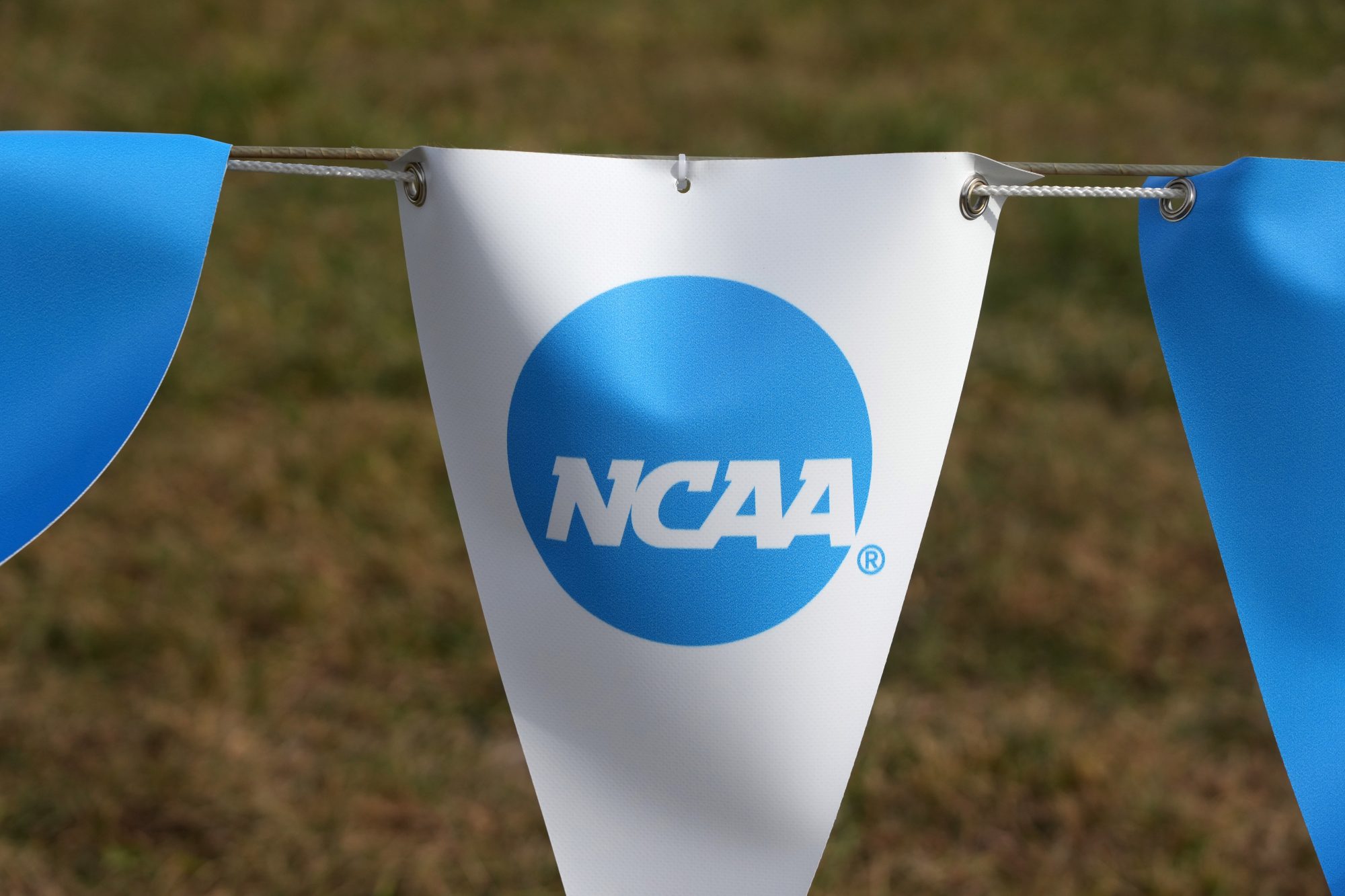The first athlete objections to the House v. NCAA proposal have been filed, less than a month after the 300-page document—that would pave the way for revenue-sharing—was submitted to the court. A trio of objections argued a wide range of grievances, from gender equity to antitrust issues.
House v. NCAA, first filed in 2020, argues that athletes deserve damages for losing out on NIL (name, image, and likeness) opportunities before 2021, and that the definition of NIL should be expanded. It addresses a range of athlete compensation issues, allowing power conference schools to share up to $22 million with players, as well as pay $2.8 billion in damages in conjunction with the NCAA. But it also sets multiple restrictions, like a cap on revenue-sharing and an approval process for NIL deals of more than $600. The NCAA has said it hopes Congress will codify an approved settlement, as well as protect the NCAA from having to make any future reforms.
So far, no athletes have objected to the general concepts of back-damages and revenue-sharing, but have taken issue with many of the specifics.
Lawyers representing Ivy League athletes Grace Kirk and Tamenang Choh filed the first objection Thursday afternoon with a narrow grievance. Choh and Kirk’s lawyers argue that the settlement in the House case includes language that would force them to relinquish their claims against Ivy League schools in a separate ongoing lawsuit if they want to be members of the House plaintiff class. The two athletes, along with a proposed plaintiff class, are suing Ivy League schools for refusing to offer athletic scholarships.
On Friday, lawyers representing plaintiffs in Fontenot v. NCAA, an antitrust case over the NCAA’s general compensation limits, and Cornelio v. NCAA, a lawsuit filed last week over partial scholarships, objected to the House damage claims and the revenue-sharing proposal. The lawyers argued that the settlement doesn’t consider damages related to their lawsuits, which could far exceed the $2.8 billion allotted as damages in the House settlement. They also argue it includes unfair restrictions. They believe that because so many different groups of athletes could be part of the settlement, they should receive their own representation.
Their remedy: Either appoint the Fontenot lawyers to represent certain athletes in the settlement negotiations, or “carve out” these claims from the settlement altogether. “The parties used this NIL case to try to write a collective bargaining agreement, but without any of labor law’s protections,” the lawyers wrote. “Indeed, the current settlement allows the NCAA to check multiple items off its litigation wish list, while creating a byzantine system to insulate it from future lawsuits.”
Also on Friday, lawyers for six current and former Division I female rowers from Yale, George Washington, Texas, and Oregon State filed the third objection to the settlement on the grounds it gives female athletes “the short end of the stick.”
It suggests the damages—based mostly on potential NIL earnings—severely undervalue women’s sports athletes. Of the $2.8 billion, “a male football player may receive hundreds of thousands of dollars, while a female swimmer might receive $125 or less,” the objection estimated. It laments the fact there are no damages for lost scholarships, arguing women’s sports athletes have been disproportionately affected by the NCAA’s scholarship limits.
Like the Fontenot and Cornelio athletes, the six rowers also argue the cap on revenue-sharing and NIL payment restrictions violate antitrust law. The rowers even suggest the settlement is an attempt to prevent athletes from being deemed employees (though plaintiff lawyers and the NCAA/power conferences have noted the settlement doesn’t directly address the employment question).
It’s unclear how much merit district court judge Claudia Wilken will give these claims. Given the timeline she’s approved, Wilken has signaled she’s at least interested in hearing out the athletes’ grievances, Boise State law professor Sam Ehrlich noted. (She has already denied a request to object by Houston Christian University, a D-I school in the Southland Conference. But the school’s burden to enter an objection is higher than athletes’ because it’s not a plaintiff or defendant, according to Ehrlich.)
There could be more athlete objections at later stages in the proceedings. A hearing for preliminary approval will take place Sept. 5. Then, starting in October, athletes will start to receive formal notices. Beginning Jan. 14, 2025, there will be a 105-day period in which athletes would object to the settlement before Judge Wilken considers the settlement for final approval.




![[Subscription Customers Only] Jun 15, 2025; Seattle, Washington, USA; Botafogo owner John Textor inside the stadium before the match during a group stage match of the 2025 FIFA Club World Cup at Lumen Field.](https://frontofficesports.com/wp-content/uploads/2026/02/USATSI_26465842_168416386_lowres-scaled.jpg?quality=100&w=1024)
![[Subscription Customers Only] Jul 13, 2025; East Rutherford, New Jersey, USA; Chelsea FC midfielder Cole Palmer (10) celebrates winning the final of the 2025 FIFA Club World Cup at MetLife Stadium](https://frontofficesports.com/wp-content/uploads/2026/02/USATSI_26636703-scaled-e1770932227605.jpg?quality=100&w=1024)











